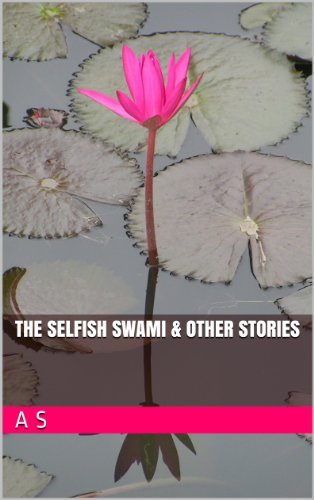For those who are not familiar with the visa-stamping interview process, this is what happens:
- Outside the Consulate gate, a security guy checks the visa interview letter to confirm the date and time of the interview. If the date and time look okay, he lets you inside.
- Soon after you step inside, another security person checks your bags and files, and asks you if you are carrying a cellphone or any other electronic item. Except for the wristwatch, they don’t allow you to carry any other electronic item inside. It is advisable not to carry big bags or backpacks. It is also advisable to carry all your papers in transparent folders, although that is not an absolute necessity.
- After the security check, you stand in a line to show your papers to a clerk for verification. The papers you need to show are- the interview letter, visa fee receipt, passport, visa applications (DS-156 and DS-157) and any other papers specific to your visa type, such as work permit papers (I-797 and I-129). The visa interview guidance sheet you get at the time of taking your appointment will list all the documents you need. If the clerk finds your papers to be in order, s/he will bundle the papers together and slide a rubber band around them. S/he will then hand the bundle to you and ask you to go to the next building where the interview actually happens.
- Once you are in the next building, you spend the maximum time (one or two hours, or more!) merely standing in a queue to meet your interviewing officer. If you don’t know English, the personnel there will guide you to a queue where interpreters are available for the interview.
- Finally, you have the interview itself. The average interview time is 5 minutes or less. Most interviews take 3 minutes or less.
On this particular day, I arrived at the Consulate at 8:45 AM for the 9 AM appointment. By the time I faced my interviewing officer, it was almost noon. My interview time was just a couple of minutes or less. The officer wanted only three things from me: he wanted to know if I am already working in the US, he wanted to see my W-2 for 2006 and he asked me where I lived in the US.
While we stood in the queue to meet our interviewing officers, a guy named Mark, who is the head of the visa division at the Consulate gave us some tips on having a good interview. The tips he gave us were very simple and can be summarized as follows:
- Greet the interviewing officer nicely. Be polite through the interview process, even if your application is rejected. Do not get too agitated and disturb the mood of the interviewing officer and that of other applicants there.
- Have all your papers in order. Give the interviewing officer only the bundle of papers, which were bound by a rubber band by the clerk near the entrance to the Consulate. Do not give any other papers to the officer, unless s/he specifically asks for them.
- During the interview, pay careful attention to the question that’s being asked. Make sure you understand the question right and answer to the point. Keep the answer short and specific.
Sounds simple enough? Yet, it’s amazing how many people don’t follow those simple tips, especially the last one. During the time I spent near the front of the queue from where I could hear the questions and answers of other applicants, I saw many people (about 50% of them) giving bad or wrong answers to very simple questions merely because they did not understand the question right. The reason for that was not anything to do with the accent of the interviewing officer or his language. The officer’s accent was quite clear and the applicants I heard were all people who knew English. It is just that due to nervousness, anxiety, or whatever, people did not understand the officers’ questions right. I could see at least one officer get frustrated for that reason. As Mark said, they interview about 1500 people per day, everyday. So, I can imagine how frustrating it must be for the interviewing officers when people who know English do not understand a question right.
After my very short interview, I went back to the hotel packed up my bags and went to my first sister’s house in Periarnagar. I had lunch there and discovered that my sister cooks much better these days than she used to when I lived in my parent’s home. Must be all the practice after being married. I managed to stay awake most of the afternoon, but when I started to nod off on the couch, I decided to go sleep on the bed. After a jet-lagged nap of almost 4 hours, my sister and brother-in-law woke me up. My brother-in-law said he would take me out. I was too sleepy to ask where, and I just went with him without even washing my face. It turned out that he wanted to take me out for dinner. But my jet-lagged system was not ready for a big dinner, after the big lunch. So, we just had some snacks, packed something to take home and returned. I stayed in my sister’s home that night.
During the rickshaw ride from the hotel to my sister’s home, and again when riding pillion on my brother-in-law’s motorcycle to and from dinner (this was in Annanagar area), I did some introspecting about my current situation. More about that in a next post.









No comments:
Post a Comment
Please do not comment as Anonymous. Please use a name when commenting... even a false one will do! :-) You don't have to register to use a name.